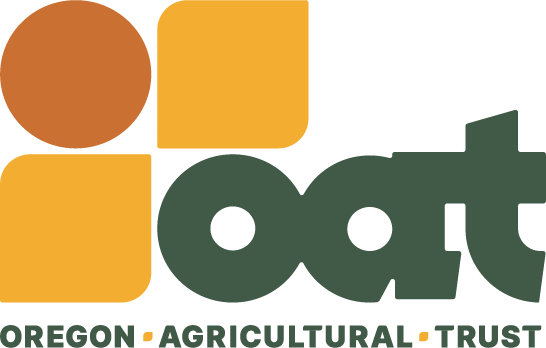Easements
Our primary tool is a working land easement — a voluntary agreement where the landowner sells or donates their development rights to keep their land available for agriculture forever.
Easement FAQs
How do working land easements work?
Working land easements allow farmers and ranchers to:
Permanently protect their land from development and fragmentation
Continue agricultural and forestry production
Get cash from their real estate without selling off or developing parcels— this can be helpful for succession planning or business expansion.
Reduce the property value, making it more affordable to the next generation
How much is an easement worth?
The value of an easement is the difference between the property’s value now (with all existing development rights) and after the easement (without the development rights you’ve removed). For example:
Can I still own and sell the property, or give it to my heirs?
Yes! A working land conservation easement is like a utility easement in that it doesn’t take away your ownership of the land—it just prevents uses that you’ve decided to remove. You can sell the land and use it in any way not prohibited by the easement.
What development rights are on Exclusive Farm Use zoning in Oregon?
While Oregon’s land use program slows the pace of development, it does not completely prevent the development of ag land. For example, ~60 non-farm uses are allowed on land zoned for Exclusive Farm Use, including certain farm dwellings, aggregate mining, etc. Working land easements remove the development rights you’ve selected.
Can I or the next landowner terminate my easement?
No, OAT’s promise to you and to our funders is to enforce easements in perpetuity.
How do I know the land will stay protected forever?
Easement holders like OAT are bound by our promise to you to protect the land forever. However, in exceptionally rare instances, the easement may be amended or cancelled if a court determines it is impossible to comply with the agreement. In this case, funding or tax deductions must be repaid. Also, easements can’t prevent a government’s use of eminent domain.
Instead of conveying an easement, can I donate my entire property?
Yes! OAT accepts and protects donations of agricultural land. When a property is donated, we will either put an easement on it and sell it to a farmer or rancher at agricultural value, or lease it long-term to a farmer or rancher. Land donations are also eligible for tax deduction.





